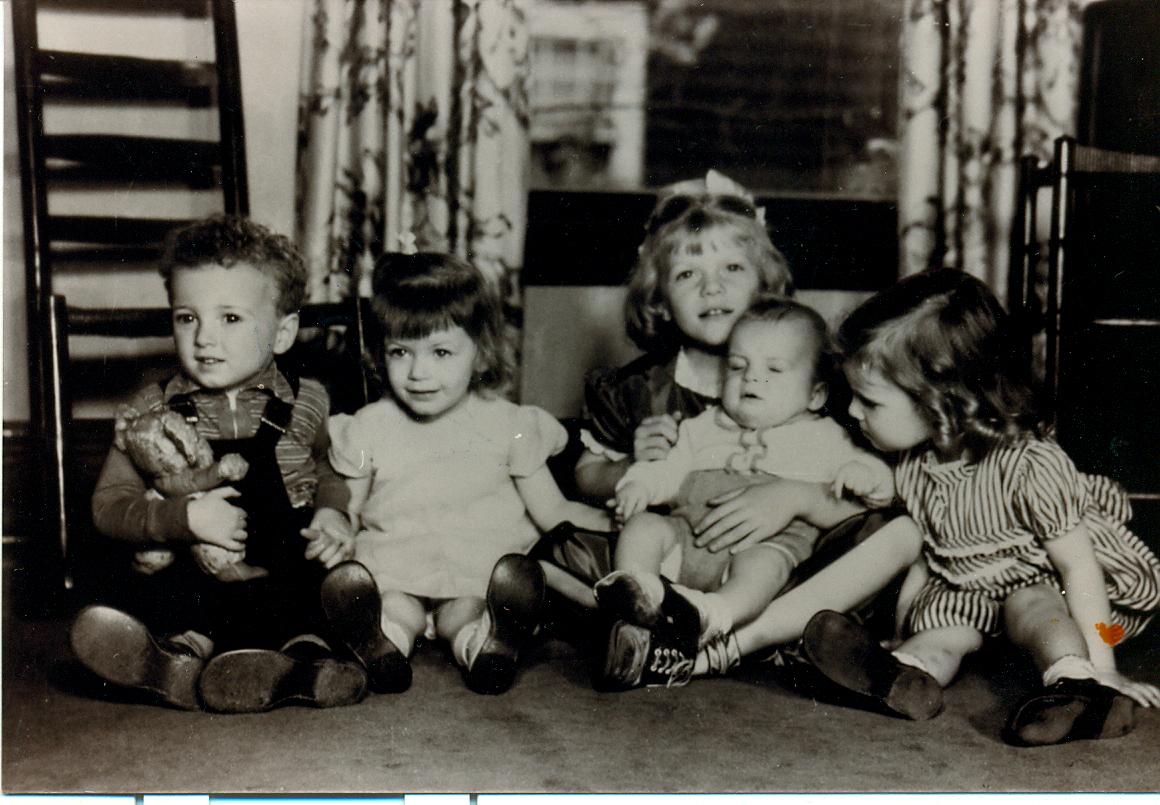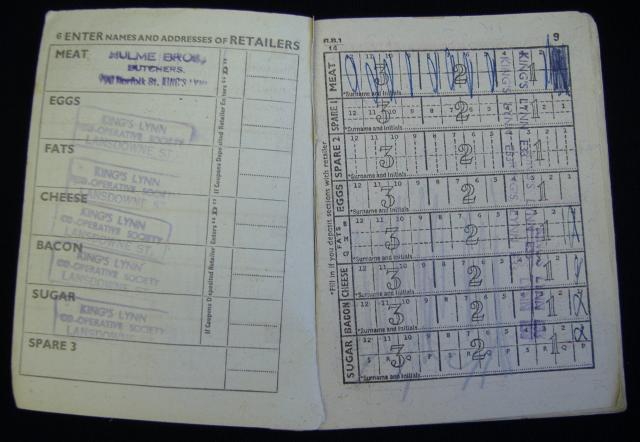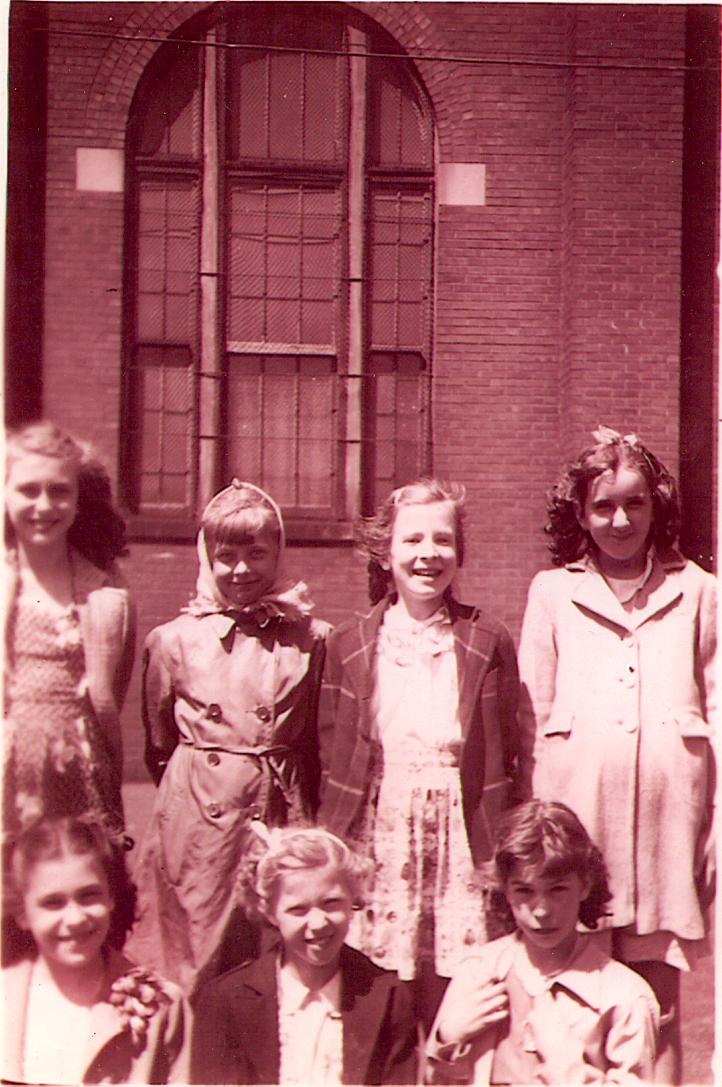INTRODUCTION
Ellen Shull was born on June 10, 1937 to Olive Barton Murphy and John Walter Murphy. Brother: John Brian Murphy, Sister: Sheila Murphy Benecke, and Maureen Murphy Janda. I was born in Peoria, Illinois, at St. Francis Hospital. I lived in Peoria until I married in 1957 on May 15 at St. Bernard's Church. Then it was off to Japan with my husband, Lt. John Allen Shull. We lived a total of 8 years in Japan where 2 of the children were born. We also lived in Harlingen, TX; Wichita Falls, TX; Oklahoma City, OK; Seattle, WA. Our children are John Allen "Jack" Shull, Dana Catherine Shull, Timothy Barton Shull, and Michael Edward Shull. I have 8 grandchildren. When i was going to college I worked at a department store in Peoria, and I later worked in the English Dept. at Bradley University where I was studying.
I began teaching part-time while my children were young, mostly as an artist in residence for short periods of time. When they all were in school, I began teaching in high school. I taught part-time at St. Mary's University, Trinity University, and ultimately full time at PAC, beginning in 1989. I have a BA degree from Incarnate Word College and a MA from the University of Texas at San Antonio plus other credit hours of study. I have had many hobbies, not all at the same time. I love to travel and last June went to Ireland with a PAC Study Tour. I sew, cook, bake bread, and do lots of good reading.
TRANSCRIPTION

What were you doing when you heard the news about Pearl Harbor being bombed?
I was 4 ½ years old on December 7, 1941, and having my picture taken for the Christmas card with my younger brother Brian and baby sister Sheila. Dad always made picture cards. The radio was on and suddenly there was a crackling sound. My 2-year-old brother shouted, "Fire on the radio! Fire on the radio!" Then we heard the announcement that Pearl Harbor had been bombed over short wave. Soon after President Roosevelt announced that our country was in the war.
What did your parents, teachers and your friends tell you about the war, especially when it started in December 1941?
I learned to read the headlines. And my dad tried to explain what they meant in simple terms. Remember we were officially in the war December 7, 1941, but the war had started much earlier in Europe.


How did you keep up with the war?
I learned to read during that time even before 1941 when we got into the war. The Peoria news paper ran large, block letter headlines. They looked very important so Dad helped me read them. "JAPS" was one of the first words-kind of ironic given that I later lived eight years in Japan and loved it. When I got to first grade I was reading oh oh oh baby oh oh oh I thought this is ridiculous that doesn't say anything, cause I had been reading some exciting things. But until 1945, the Japanese and Nazis were our enemies. Also my father kept a map marking important battles. I was however, too young to understand the politics and reasons for the war.
Did she have any family members that served in the war?
My Uncle Colonel George W. Barton, my mothers brother was an instrumental in planning and carrying out the US Landing at Anzio in Italy. It was January 1944 during a hard winter and dificult fighting conditions, but the outcome was the successful recapture of Rome in the Spring.
Did you grow a victory garden?
My father always had a garden, but he made it a little larger during the war and shared with some of the neighbors. I was fascinated by the people across the street who grew potatoes and let me help dig them up.

In what ways did your lifestyle change during the war?
We were very careful to use only what we needed and not to waste anything. For example, when sheets wore holes in the center, my mother cut up and hemmed pieces of the edges for dish towels. Clothes were patched and mended. Shoes were a problem because they were rationed, and our feet grew too fast. So, we had to wear too-big shoes for a time, grew into them, then grew out of them. We walked almost everywhere within 6 to 8 blocks. Otherwise, we took public transportation-the streetcar or bus.
What were the holidays like during the war years?
My parents always made Christmas splendid, as much as they were able to do so. Homemade gifts were normal, but I remember a doll and an electric train for my brother. Birthdays were familiar affairs. No Chucky Chesse then.
What songs do you remember during the war?
"The Boogie Woogie Boy of Company B" by the Andrew Sisters, "I'll Be Seeing You" (a sad one). "As Time Goes By", "Coming In On a Wing and a Prayer", "The Last Time I Saw Paris"(another sad one since Paris was a Nazi-captured city). Your Hit Parade was a radio show we listened to once a week for the top ten songs of the week.
What about ration stamps? How did they work for your family? Did you hear any unusual stories about using them?
Ration stamps came in a book and you would give them to the merchant for whatever we were buying. Certain things were rationed, like gasoline, meat, milk and eggs and so that's how you stayed alive by maintaining the security of your rationed stamps. A funny story is when my sister got a hold of our rationed stamps and went out into the backyard on a windy day and tore them off one by one. It was like little birds flying above her and so that was really terrible, my mother gathered up what she could but she did not gather up nearly enough. So it was the call of the family get the family together. Uh guess what Aunt May worked in an old folks home and those people that died; she sent us their rationed books. So we made it through.

Did you ration your food supply during the war?
Go to this link for the list: http://www.ameshistoricalsociety.org/exhibits/ration_items.htm
What were your parents' occupations?
My father had an insurance agency, so he did well during the war. My mother had been a teacher before she married, but child-rearing became her career. My, but she was fine.
How did your mom handle the war? How did your Dad handle the war?
With Hope.
What were you doing when you found out the war ended?
When V-E Day was celebrated it was on a Tuesday, May 8, 1945, so I was in school. I don't remember whether if it was that day or the next day that all the student from St. Bernard's School went across the street to the church for a special mass of thanksgiving. V-J Day came the following August, I remember that vividly. I was playing outside with the other kids and all of a sudden hundreds of car horns started honking. It scared me at first, so I ran inside-with the rest of the neighborhood kids following- to ask my mother to explain. When we saw the big smile on her face, we knew it was something good.
Were children allowed to attend school during the war?
Of course we went to school. The kids in the war zones in Europe and in the Far East were not so lucky.
Was you family affected in any way because of the war?
The men in my family were such an age that they were not called to the war except for one uncle who eventually as a colonel in the US Army managed the transportation for the Battle of Anzio.
What were the wages during and after the war?
I have no idea.
Did you ever have trouble getting the supplies you family needed during the war?
If you remember, I told you about my little sister with the ration stamps.
What was there to do for entertainment?
I lived in a time during my elementary and high school years without television, we went to the movies, listened to the radio for our news and the newspapers. We did not have to speak of celebrity news.
What about the movies? How were they different during the war?
Movies were of heroic American and Allied military. The Japanese and Germans and even the Italians were the monster enemies. Heroic films gave people help.
What would your childhood have been like if there was not a war?
I have no idea what changes there would have been without World War Two so prominent in my childhood. I think the ever present war helped me in my personal development. It made me aware of how previleged we were in the US when war had overcome so many other countries. It also helped me practice and believe that I could do without certain things that I wanted. I think having such a childhood made me a stronger person.
What was the most exciting event for you?
Well Mr. Dwight Eisenhower one of the outstanding generals ran for president, but before he ran for president he had to resign is army commission and that is when he was known as Mr. Eisenhower. I went downtown and he came to Illinois Main Street on a car in a parade and I shook his hand. I didn't wash that hand for two days. It was exciting to see a famous person that was probably my first ever famous person.
Did you have any experience in Civil Rights?
It was about the 8th grade when i had my first experience with Civil Rights. I went to a Catholic school, it was St. Bernard's and we did not wear uniforms and low and behold we got a new student that year. Archie was his name but i don't remember his last name, he was black and we in the plain vanilla neighborhood that we lived in were fascinated by him. We immediately took to him he was a good friend, it was lovely. But eight weeks later all of a sudden he wasn't there anymore it was like he vanished into mid air, we asked our teacher but no answer we asked our priest but no answer and finally I asked my father, my father tried to explain to me without much success and he knew he was not going to be successful but he explained to me how some white people did not want black people to go to school. That was my first lesson in Civil Rights, so John F. Kennedy was moving things forward and I felt very good and Fredrick Johnson was moving things forward and I felt very good.



